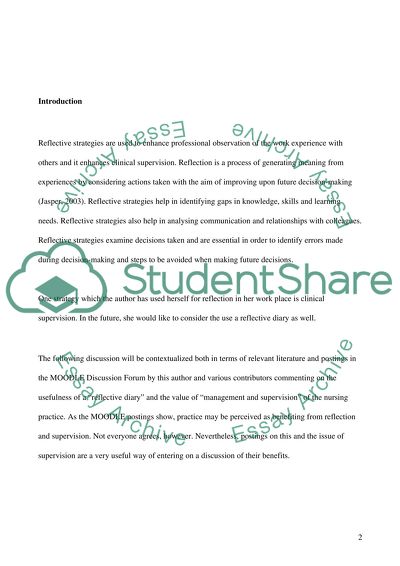Cite this document
(“Clinical supervision and reflections on practice Essay”, n.d.)
Retrieved de https://studentshare.org/nursing/1390289-clinical-supervision-and-reflections-on-practice
Retrieved de https://studentshare.org/nursing/1390289-clinical-supervision-and-reflections-on-practice
(Clinical Supervision and Reflections on Practice Essay)
https://studentshare.org/nursing/1390289-clinical-supervision-and-reflections-on-practice.
https://studentshare.org/nursing/1390289-clinical-supervision-and-reflections-on-practice.
“Clinical Supervision and Reflections on Practice Essay”, n.d. https://studentshare.org/nursing/1390289-clinical-supervision-and-reflections-on-practice.


